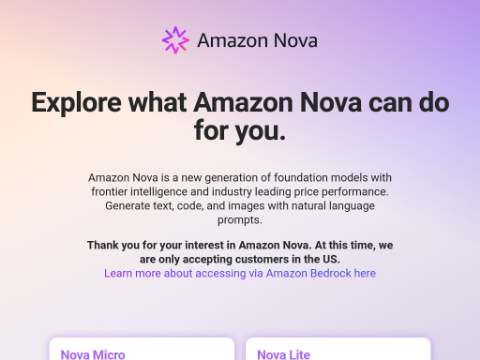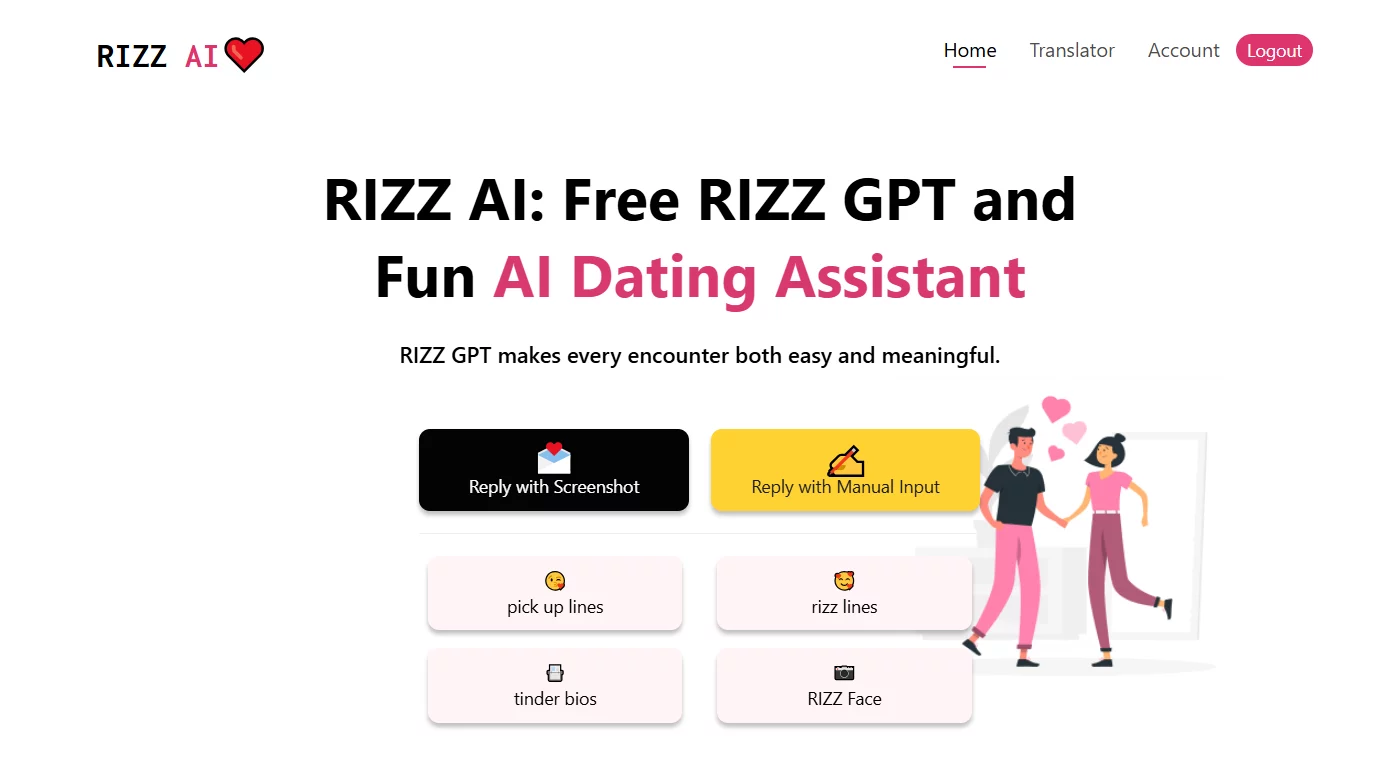Pharmaceutical Company Moderna Collaborates with OpenAI to Develop New Drugs
"People are really talking about how AI will cure diseases in the future, and I think this is a very meaningful first step," said CEO Sam Altman when discussing the collaboration between OpenAI and Moderna. The hottest AI startup recently partnered with a pharmaceutical and biotechnology company to develop mRNA drugs.
Under the agreement, approximately 3,000 Moderna employees will have access to ChatGPT Enterprise, developed based on OpenAI's GPT-4. Moderna plans to use ChatGPT Enterprise to develop mRNA drugs and launch up to 15 new products, including vaccines for RSV and personalized cancer treatments, over the next five years.
Interestingly, Moderna was one of the first customers when ChatGPT Enterprise was launched last year. Prior to that, Moderna introduced mChat in 2023, its own instance of ChatGPT built on the OpenAI API.
So far, Moderna's employees have created over 750 GPTs to support specific tasks or processes throughout the business. Some of these GPTs assist in selecting optimal dosages for clinical trials and drafting responses to regulatory issues.
One solution being actively developed and validated by Moderna in collaboration with ChatGPT Enterprise is a pilot project called Dose ID. It has the capability to review and analyze clinical data, integrating and visualizing large datasets. Dose ID aims to assist clinical research teams in data analysis, enhancing their clinical judgment and decision-making.
In addition to Dose ID, another GPT called Contract Companion GPT helps Moderna's legal team obtain clear and readable summaries of contracts. Policy Bot GPT helps employees quickly access answers to internal policy questions without having to search through hundreds of documents.
Moderna's corporate branding team has also found various ways to utilize ChatGPT Enterprise. They have a GPT that helps prepare slides for quarterly earnings conference calls and another GPT that helps translate biotech terms into investor-friendly language.
Moderna is not the only company exploring the use of generative AI in the pharmaceutical industry. Last year, Pfizer announced at the AWS re:Invent conference that they are using generative AI for drug discovery. Pfizer developed a new generative AI platform called Charlie, named after the founder of this pharmaceutical giant.
"We are leveraging generative AI, which is expected to bring cost savings of $750 million to $1 billion annually—a true tangible value," said Lidia Fonseca, Chief Digital and Technology Officer at Pfizer.
She added that by using AWS cloud services, Pfizer quickly deployed Vox, an internal generative AI platform that allows colleagues to access LLMs (large language models) provided by Amazon Bedrock and SageMaker.
"The various LLMs in Bedrock mean that we can choose the best tools for use cases such as research and development, manufacturing, and marketing, enabling Pfizer and AWS to prototype 17 different use cases within weeks."
"AI and generative AI will help us identify new oncology targets, which is currently a process heavily reliant on human effort. With AI, we can search and organize relevant data and scientific content from more sources in a very short time," she added.
Meanwhile, Novartis has partnered with Isomorphic Labs. "We are announcing a collaboration with Isomorphic Labs, a spin-off of Google DeepMind, to understand how we can accelerate our drug development capabilities for potential new drug targets," said Vasant Narasimhan, CEO of Novartis.
"AI will impact many productivity aspects of our drug development, such as the speed at which we generate new trial designs, the speed at which we collaborate with regulatory agencies, and the speed at which we review patient safety and large patient datasets," he added.
Similarly, AstraZeneca has collaborated with US AI biopharmaceutical company Absci to design an antibody for cancer treatment.
Last year, Google introduced Med-PaLM 2, a large language model fine-tuned for the healthcare field. Recently, the tech giant launched MedLM for chest X-ray examinations, simplifying radiology workflows by assisting in the classification of chest X-ray scans for various use cases.
As pharmaceutical companies collaborate with generative AI startups and companies, the future of drugs and drug discovery is bound to become more efficient and cost-effective.








